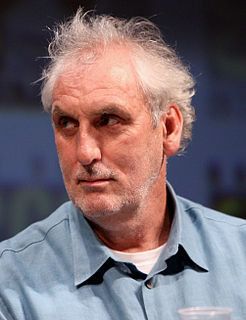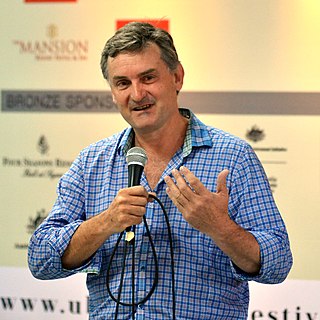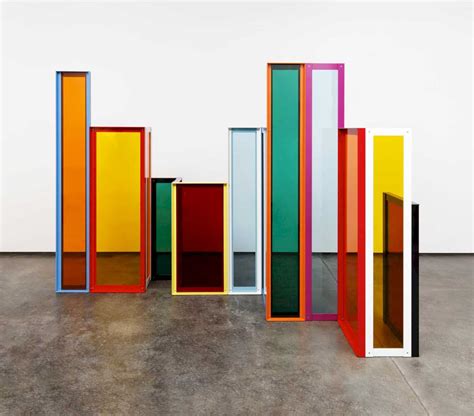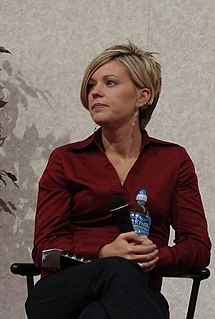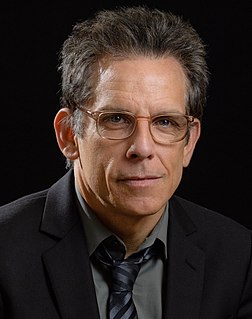A Quote by Phillip Noyce
Obviously all of us have thought about Vietnam, particularly in my generation in Australia that were part of conscription and fought there. Our friends came back, forever changed. So there were a lot of questions.
Related Quotes
Australia is this former British colony at the foot of Asia. We've been involved - we've been in lockstep with America in every battle you have fought for a century. We were there in Vietnam. We were there in Korea. We were there in Iraq. We were there in Afghanistan. We are slightly apprehensive about the rise of China.
Television and movies were our biggest teachers. When we came to the United States, the Vietnam War was just ratcheting up. And so the Asian faces that I saw on the news, they were the face of the enemy. Asian men, particularly, were either small, ineffective, or they were evil. And those messages were deeply, deeply embedded in me for many years.
Vietnam was the defining event for my generation. It spilled over into all facets of American life - into music, into the pulpits, in churches of our country. It spilled over into the city streets, police forces. And even if you were born late in the generation, Vietnam was still part of your childhood.
My generation those who were students in the late 60s was always, in the words of the Who, talking about our generation. That's what we thought of ourselves, as the most important thing since sliced bread. And the "we" that we meant was really the Western Europeans and American generation. And as I think back I suppose I have a sense of guilt on behalf of my generation, a sense that we were terribly provincial and didn't understand the really important stuff that was going on in Eastern Europe.
With the Holocaust - I wonder if a lot of Jewish writers of my generation have felt this way - it feels really intimidating to approach it. I feel like so many writers who have either lived through it firsthand or were part of that generation where they were closer to the people who were in it have written so beautifully about it, so there's no lack of great books about it
Most of us who were opposed to the war, especially in the early '60's - the war we were opposed to was the war on South Vietnam which destroyed South Vietnam's rural society. The South was devastated. But now anyone who opposed this atrocity is regarded as having defended North Vietnam. And that's part of the effort to present the war as if it were a war between South Vietnam and North Vietnam with the United States helping the South. Of course it's fabrication. But it's "official truth" now.
I want the marginality to come into the center. This is the thing I was conscious of growing up, when I later lived in England. I saw all these war movies that came out shortly after the war, and they were all about the war being fought by Englishmen or Americans, there were no other "allies" in it - from India or Australia, etc.
Well, this movie I've been working on for a while. I had the idea for the movie like twenty years ago when I was doing 'Empire of the Sun' in 1987 because at that time that's when all these Vietnam movies were being made and my friends and I were going on auditions for these Vietnam movies and my friends were getting them and going away to fake boot camps.
